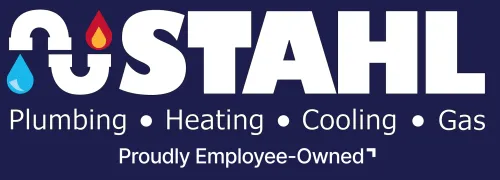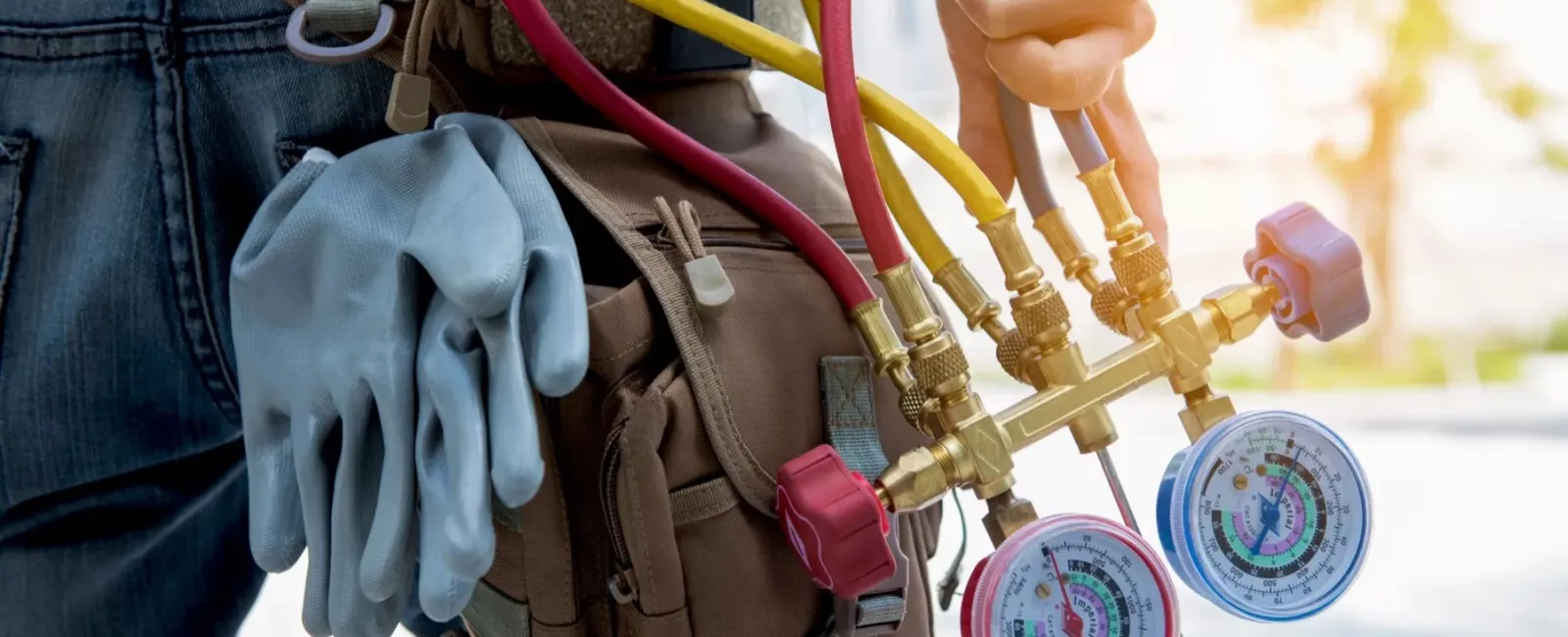Indoor air quality is something that many of us take for granted but is a critical component of your home's overall cleanliness. Maintaining indoor air free of dust, dander and other particles helps with allergies and respiratory issues, and leads to a cleaner, healthier environment.
Your home's heating and cooling system plays a major role in this goal. Your experienced HVAC provider may talk with you about your system's Minimum Efficiency Reporting Value (MERV) and its importance in regard to your indoor air quality. There is a wide difference in MERV ratings, so it is key to do research before making a final decision with your air filters.
What is a MERV rating?
 MERV measures the filtration capability of air filters. The range of MERV ratings is from 1 to 20, which compares the performance of different filters. The rating was developed by members of the American Society of Heating, Refrigerating, and Air Conditioning Engineers (ASHRAE). Check the package before you purchase a filter to see the rating.
MERV measures the filtration capability of air filters. The range of MERV ratings is from 1 to 20, which compares the performance of different filters. The rating was developed by members of the American Society of Heating, Refrigerating, and Air Conditioning Engineers (ASHRAE). Check the package before you purchase a filter to see the rating.
What is the best MERV rating for furnace filters?
While the "best" on the MERV scale is 20, meaning that filters of that rating catch the smallest particles, that doesn't mean that it's the best for your home. Each heating and cooling system is different. Depending on what particles you wish to remove from your home may help determine the recommended MERV rating. For furnace filters in residential systems, filters with a MERV rating above 16 are rarely even available. Most residential air filters fall between 1 and 13. Hospitals use filters with MERV ratings of 16 and above to help create as clean an indoor environment as possible. Also, your specific furnace will have its own specifications.
What is the difference in MERV ratings?
The quality and number of particles that move through a filter are indicated by (MERV filter ratings. Explained) simply, the higher the MERV number, the smaller the particles that can get captured and the larger total percentage of particles that get captured.
Here's a guide to how MERV ratings work:
- 1 to 4: Less than 20 percent of big particles (3 to 10 microns) are captured
- 5 to 7: Between 20 to 70 percent of big particles are captured
- 8 to 10: About 85 percent of big particles and 50 percent of medium-sized particles (1.0 to 3.0 microns) are captured
- 11 to 16: More than 90 percent of large particles and between 70 to 90 percent of medium-sized particles are captured
- 17 to 20: Even small particles (less than 0.3 microns) are captured
What are some things that air filters capture?
There are thousands of particles that attempt to enter your airstream daily. Filters help collect these and keep them out of your home. This includes dust, pollen, mold, bacteria, dust mites and pet dander. Higher-rated filters can even snag things like smoke, cooking oil and smog.
Does a higher MERV rating restrict airflow?
It can, but only under certain circumstances. Older heating and cooling systems may not be able to handle filters with higher MERV ratings. If you go a long time between changing your high-rated filter, this can also lead to particle buildup and restricted airflow.
What is the best MERV rating for airflow?
This will depend on your current HVAC system. Reach out to your local, knowledgeable HVAC provider and have them take a look at your system. An older unit may only be able handle filters with MERV ratings from 1 to 3, for example. In this case, you may want to discuss with your HVAC provider about an upgrade to your unit. In newer units, filters with MERV ratings of 13 or higher will give you good airflow and catch particles, but need to be changed at a quicker rate - once every couple of months - or else they will become clogged and reduce airflow.
Keeping your home clean, comfortable and energy efficient requires your HVAC system working at its best, and one big element of that is the filters involved. The thought of, "What MERV rating filter should I buy?" probably never crossed your mind, but it is an important element of maintaining good indoor air quality.
While several factors - including the age of the HVAC system, health concerns of your family, whether you have pets - can make a difference, making sure you're aware of MERV ratings and how it can affect your system will help you select the right filter for your home. In addition to keeping your family healthy and happy, it can also help reduce the cost of your energy bill!

